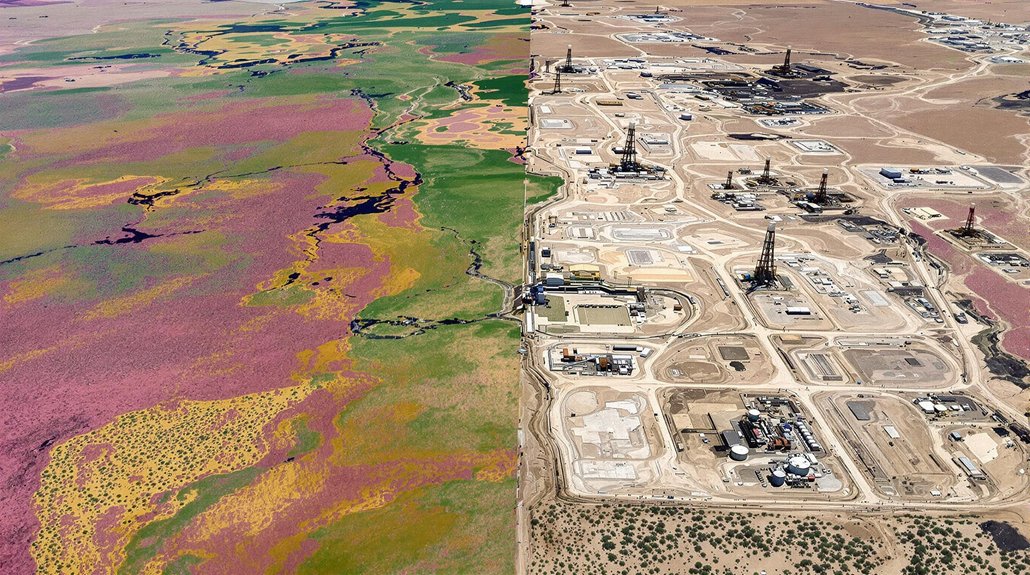In a controversial move that’s sparked fierce debate, the U.S. Senate voted 51-44 to strip California of its power to set stricter vehicle emissions standards. This includes blocking the state’s plan to ban new gas-powered cars by 2035.
The vote used the Congressional Review Act to overturn Environmental Protection Agency waivers that California’s held for six decades. This law lets Congress reverse federal rules with a simple majority vote, avoiding the usual 60-vote requirement. The House had already approved similar measures.
California’s been setting its own air pollution standards since the 1960s under the Clean Air Act. The state’s Advanced Clean Cars II rule required all new vehicles sold to be zero-emission by 2035. California’s current standards mandate 35% zero-emissions by 2026 as an interim target. Sixteen other states and Washington D.C. follow California’s standards, so they’re affected too.
California’s six-decade authority to set stricter emissions standards affects seventeen states following its zero-emission vehicle mandate.
The Senate also repealed California’s rules for heavy-duty trucks and nitrogen oxide emissions. The nitrogen oxide regulations were struck down in a separate 49-46 vote. Legal experts question whether Congress can legally use the Congressional Review Act this way, since the Clean Air Act specifically protects California’s authority.
The vote split mostly along party lines. Republicans argued California’s rules go too far and limit consumer choice. Democrats and environmental groups say the rollback threatens public health and climate progress. Former President Trump and GOP leaders have long opposed California’s electric vehicle mandates, calling them government overreach.
Auto companies now face uncertainty about future regulations. Many had already started planning for the 2035 deadline. California’s rules often become unofficial national standards because carmakers don’t want to build different vehicles for different states.
Environmental groups worry this will slow electric vehicle adoption nationwide. They point out that California’s stricter standards have helped reduce air pollution and respiratory illnesses. The Advanced Clean Cars II rule aimed to cut emissions that cause asthma and contribute to climate change. Studies suggest widespread adoption of zero-emission vehicles could prevent premature deaths and significantly reduce healthcare costs across America.
The move represents a major shift in environmental policy and federal-state relations. It directly challenges the Biden administration’s climate goals and California’s leadership on clean transportation.
What happens next depends on potential legal challenges and whether California finds other ways to pursue its environmental objectives.
References
- https://www.washingtonexaminer.com/news/3418268/senate-repeal-california-emissions-standards/
- https://grist.org/regulation/senate-rescinds-californias-ev-rules-congressional-review-act/
- https://www.carscoops.com/2025/05/californias-ev-future-just-got-canceled-by-washington/
- https://calmatters.org/environment/2025/05/california-electric-car-mandate-senate-revoke-waiver/
- https://www.latimes.com/environment/story/2025-05-22/senate-votes-in-bid-to-overturn-california-gas-only-car-ban









